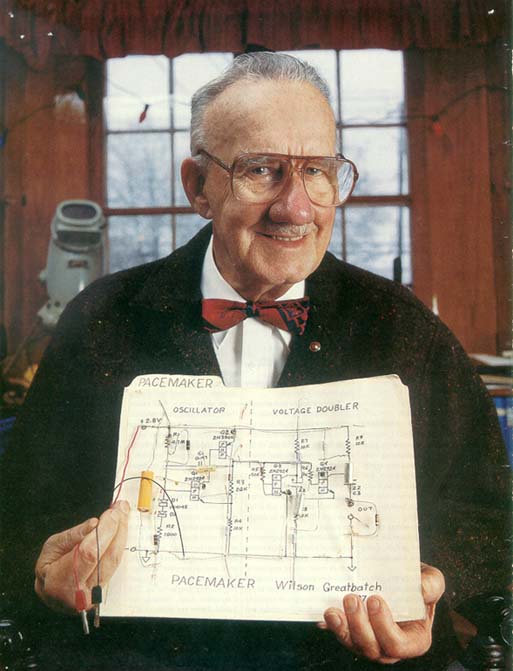Today, the dutch newspaper Trouw published an article in which it reports about the first blind dutch patient being able to see again. This is made possible by a retinal implant developed by the company Second Sight, which saw its implant called Argus II being approved by the FDA this spring. As with most types of implants, it is only able to restore the original functioning of the biological senses with a limited resolution, urging a further improvement of the implant. Nonetheless, this is a huge step forward in improving the quality of life of people suffering from a reduced or even complete failure of their biological senses.
About the Bioelectronics blog
In this weblog you can find the latest information on ongoing activities in and contributions by the Section Bioelectronics of Delft University of Technology. In this group we are working on Biosensors, Organs on Chip, Flexible Implants, Artificial Retinas, Spinal-Cord Implants, Medical Body-Area Networks, Energy Harvesting, Neurosensing Devices, Neurostimulators, Electroceuticals and Bioelectronic Medicines
-
Recent Posts
Categories
- Bioelectronic Medicine (9)
- Brain-Machine Interfaces (32)
- Education (60)
- Electronics (56)
- Energy Harvesting (16)
- General (254)
- Implantables (9)
- Medical Body Area Networks (15)
- Music (5)
- Neonatology (9)
- Neurostimulation and Neuromodulation (71)
- Pacemakers (16)
- Technology for Neuroscience (1)
- Understanding the Brain (67)
- Wearables (3)
Archive
Meta
Disclaimer
De meningen ge-uit door medewerkers en studenten van de TU Delft en de commentaren die zijn gegeven reflecteren niet perse de mening(en) van de TU Delft. De TU Delft is dan ook niet verantwoordelijk voor de inhoud van hetgeen op de TU Delft weblogs zichtbaar is. Wel vindt de TU Delft het belangrijk - en ook waarde toevoegend - dat medewerkers en studenten op deze, door de TU Delft gefaciliteerde, omgeving hun mening kunnen geven.




